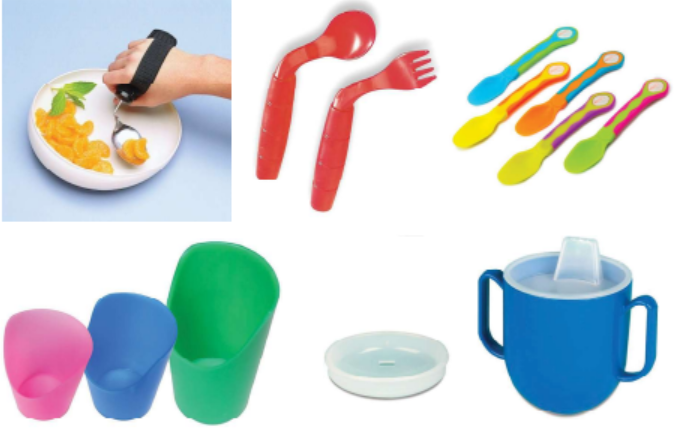Learning Through Play & Feeding
Learning through play is an integral part of all our therapy – it is essential for brain development. Research shows that playful learning experiences are crucial for brain development and lifelong essential skills.
Children learn best from experiences that are:
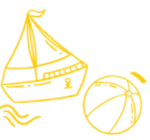

Joyful

Meaningful

Actively engaging

Iterative

Socially interactive
Poor nutrition remains one of the leading causes of early mortality among children with disabilities. Ensuring adequate and balanced nutrition is critical for healthy growth, brain development, and overall survival during early childhood. Children with disabilities are particularly vulnerable to malnutrition due to a variety of complex factors that often go unrecognized or untreated.
Malnutrition in these children can be caused by prolonged feeding times, difficulties with chewing or swallowing, a lack of ability to vocalize hunger, disrupted sleep patterns, or general physical discomfort.
15 min of play can spark
thousands of brain connections
in you baby’s brain.
These challenges, if left unaddressed, can severely hinder a child’s development, both physically and cognitively, and may result in long-term health complications.
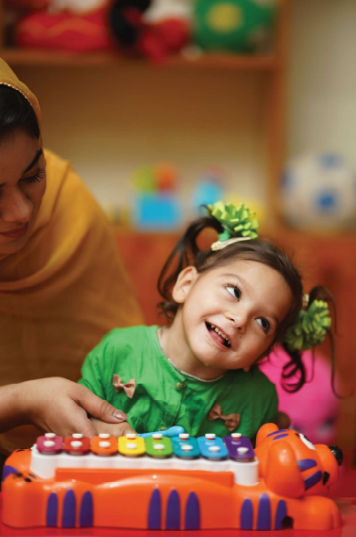
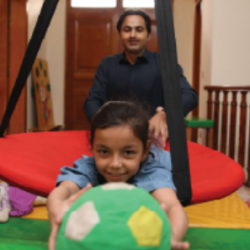
Shah Zain is not afraid to come here. No one wears doctor overall, and there are alot of toys in the center to play with.
Mother of 4 Year old Shah Zain
Our Feeding Program
Poor nutrition remains a leading cause of early mortality among children with disabilities. Ensuring good nutrition is crucial for their development and survival. Malnutrition is caused due to prolonged feeding times, difficulty chewing or swallowing, lack of vocal expression of hunger, sleep disturbances, or overall discomfort.
Some infants with disabilities struggle with feeding or sucking due to medical issues, which can hinder their skill development later on. We assess children at risk of severe malnutrition using Mid-Upper Arm Circumference (MUAC) measurements and detailed dietary histories to guide our interventions.

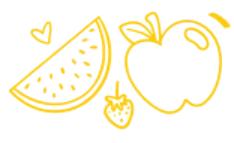
Our research and experience show that caregivers often lack resources and training to feed children with disabilities. At AKI, we empower caregivers to integrate effective techniques into their family mealtime routines, making feeding a shared, supportive experience.
We educate mothers and caregivers on diets, optimal feeding positions and techniques for chewing and swallowing, and dental care. We ensure caregivers practice with their children at our centre before continuing at home.
